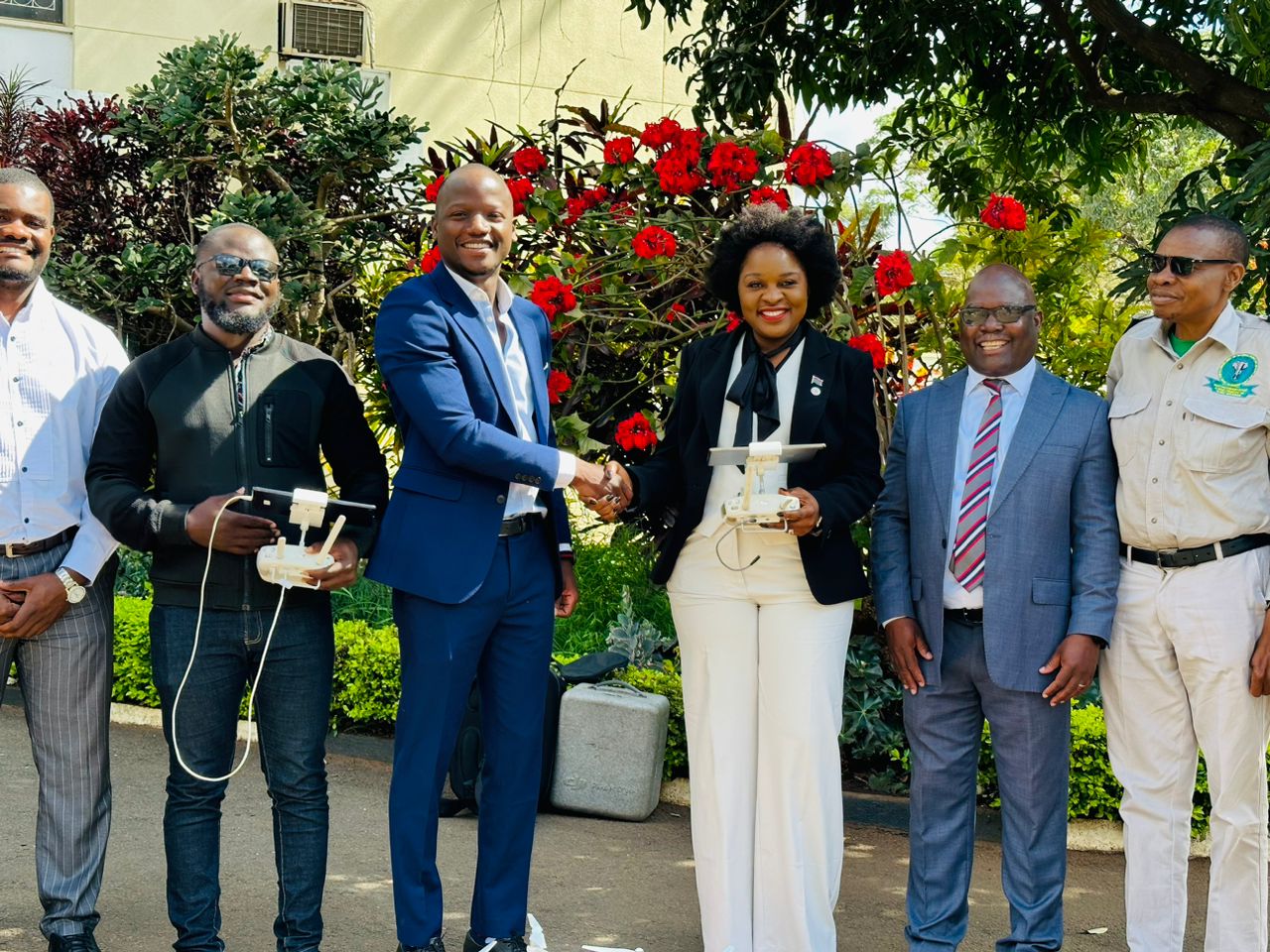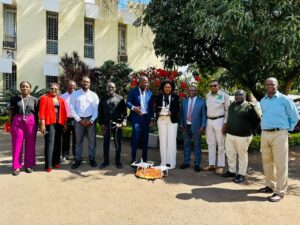
Drone-Based Monitoring & Protection of Wildlife in National Parks in Malawi.
Project by Tech265 in Partnership with the Ministry of Tourism, Wildlife and Culture-Malawi Wildlife and parks Malawi
Launched by the Minister of Tourism , Honorable Vera Kamtukule


